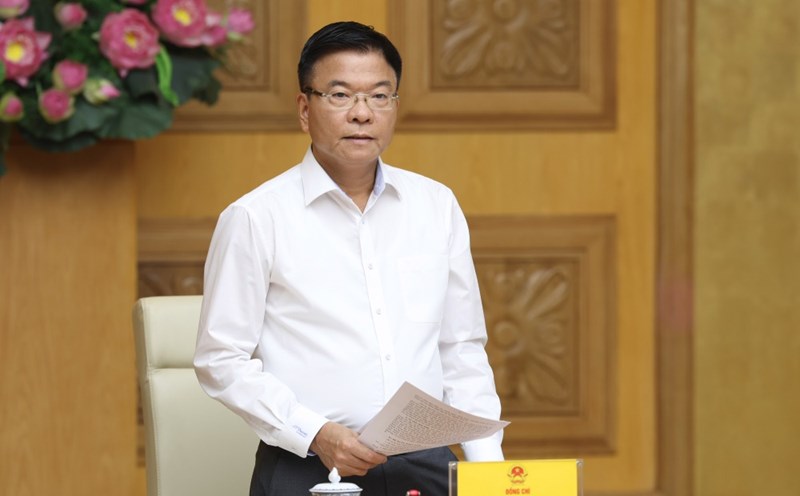The meeting on the draft Resolution of the Politburo on breakthroughs in people's health care, meeting the requirements of national development in the new era took place on July 8, chaired by Deputy Prime Minister Le Thanh Long, and gave a very encouraging signal.
That is what the Deputy Prime Minister noted the need to study and clarify breakthroughs in investment, facilities, medical equipment, salary regimes, treatment policies for medical staff and have specific accompanying data.
For a long time, every time the reform of the medical industry is mentioned, people often focus on investing in facilities, ensuring hospital autonomy, and improving service quality. However, what has caused the health system to "dissolve" many times is not machinery and equipment, but the very people who operate it.
The fact that many doctors and medical staff quit their jobs and change careers in the post-pandemic period is a clear warning: if they cannot "keep" doctors with a worthy regime, all other investments may be meaningless.
In addition, reality shows that healthcare is a high-risk, high-pressure profession, requiring in-depth expertise and long training time.
However, the current salary of health workers is still "equal" to many other professions, while the requirements are increasingly strict, always requiring difference.
In that context, the Deputy Prime Minister's request to clarify the breakthroughs in salary regimes and treatment policies is a positive signal showing that the State is starting to see the health sector not only as a service force, but as a "psill of human resources" in human development policies.
If this time, the reform of treatment is quantized, institutionalized and seriously implemented, this will create a big turning point.
Especially in the context that, according to the draft Resolution, the goal set out is that in the 5 years 2025-2030, each year, at least 1,000 doctors will be increased to work for a limited period in grassroots health care.
When doctors are no longer forced to choose between ideals and cider vines, they will feel more secure in doing the right thing and doing their role well.
Research on reforming salary regimes and treatment policies for health workers is not only an encouragement, but a clear commitment: people's health care must start with caring for the lives of medical practitioners.
We cannot talk about public health care in the new era if we still have to let grassroots doctors take on many jobs, live on a salary that is not enough to cover our living expenses, or work in a poor environment.
It is also impossible to expect the unconditional dedication of the medical staff at all levels if working and living conditions do not improve significantly.
Salary and treatment reform is not only to "keep" medical practitioners but also helps "keep" the whole society's trust in the public health system.












